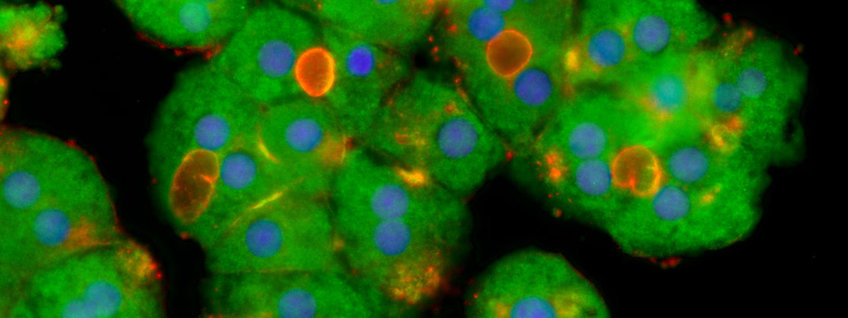
Expedition into the wonder world of life
They are tiny and yet indispensable: cells form the basis of all life. In a human body, over 50 billion of them work together in a highly coordinated manner - they ensure that organs are formed, tissue grows, signals are passed on and diseases are fought.
How do cells organize themselves?
But how do cells know where they belong and what task they should perform? Which signals control the formation of the finest blood vessels - in the healthy body as well as in diseases? And how do organs manage to function stably for years, even though their cells are constantly renewing themselves?
What happens in the event of genetic changes?
Mutations in the DNA can also disrupt the finely balanced interplay and trigger diseases such as cancer or cardiovascular diseases. Our scientists are investigating how such changes affect individual cells and which mechanisms play a role.
Prospects for the medicine of tomorrow
At the Max Planck Institute for Molecular Biomedicine, we research the fundamental principles of cellular organization. To this end, we develop innovative genetic technologies and microscopy methods to precisely analyze cells in living organisms. Our goal: to better understand the molecular basis of health and disease - as the basis for new therapeutic approaches of the future.